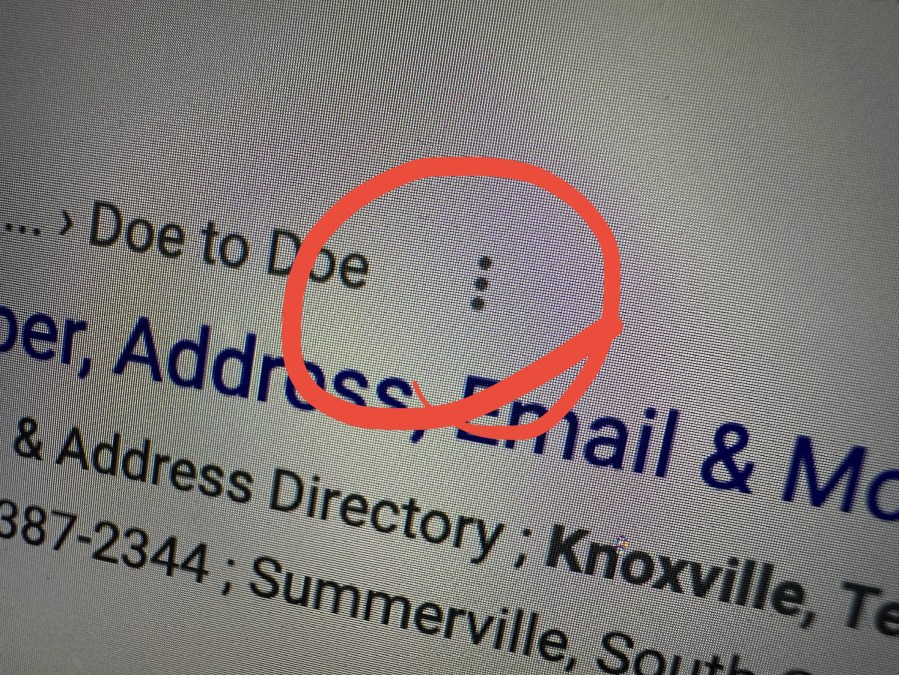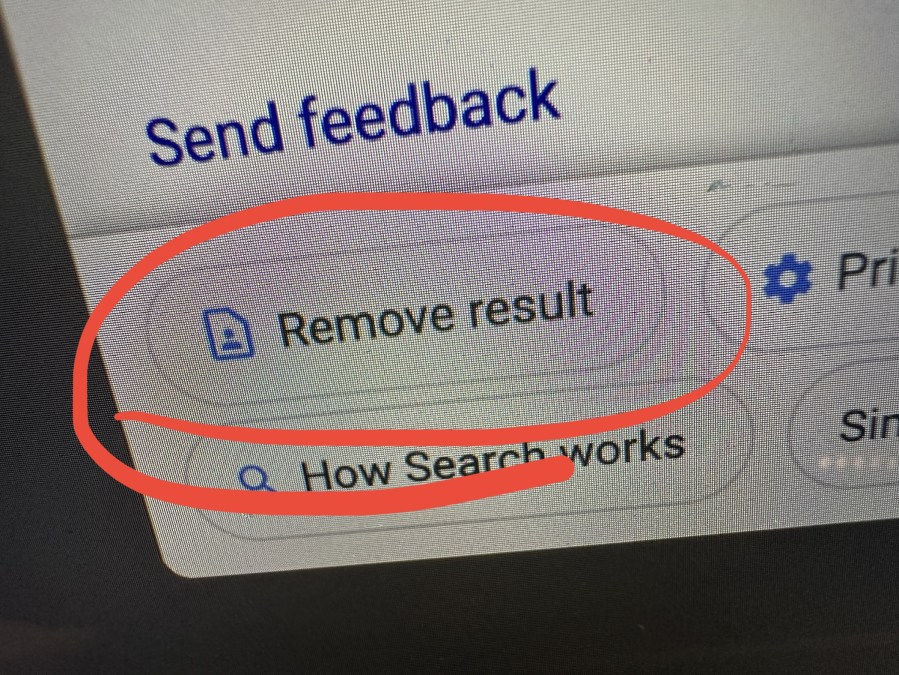A quick online search can reveal personal details on just about anyone.
“It’s just so much easier to find on the internet and it is a huge invasion of privacy,” started Hayley Kaplan, a cyber security expert.
Now, a new tool from Google aims to help.
It’s called Results About You and it makes it easy to request the removal of search results that contain your phone number, home address or email.
“We’re giving you even more control over your online presence. Let’s say you come across a result that contains your personal contact information that you don’t want public. With this tool, right from the Google app, you can easily request the removal of search results that contain your phone number, home address or email address, said Prabhakar Raghavan, senior vice president of Search at Google at the company’s recent Search On 22 livestream.
Keep in mind, it’s not a complete solution.
“Even though removing these results doesn’t scrub your contact information from the web overall, we’re doing everything to safeguard your information on Google search,” said Raghavan.
To use it, search for yourself on Google and locate a result containing personal information.
Next, hit the three dots next to the result. Then look for the button labeled “Remove result” and tap it.


Google will ask you some questions about why you’d like the result removed. Once you answer them, you’ll have to wait a few days for a response from Google about whether they can remove the result.
You can also watch my Reel on Instagram that explains the step-by-step process.
“It’s an exceptional first step by Google,” said Kaplan, who helps people reclaim their privacy online. “It’s critical that you care. That information can be used against you in so many different situations.”
She said personal information on the web can be used for identity theft and ageism, then there’s the personal safety aspect and protecting yourself against people with malicious intent.
She says Google’s tool is helpful, but it’s just a start.
“It’s always best to remove it from the source if you can,” said Kaplan, who provides takedown information on her website.
A service called Delete Me has DIY opt-out guides for popular sites including Spokeo, Whitepages and MyLife.
Discover has a free feature for customers in their mobile app called Online Privacy Protection. They’ll scan for your personal info and submit opt-out requests on your behalf every 3 months.
“I do think you want to be very careful every time you give out personal information, you need to understand that there’s a consequence,” concluded Kaplan.
Keep in mind that Google’s tool is still rolling out so not everyone will have access to it right away. Next year, Google will let you sign up for alerts that tell you when new results containing your personal info hit the web.





















